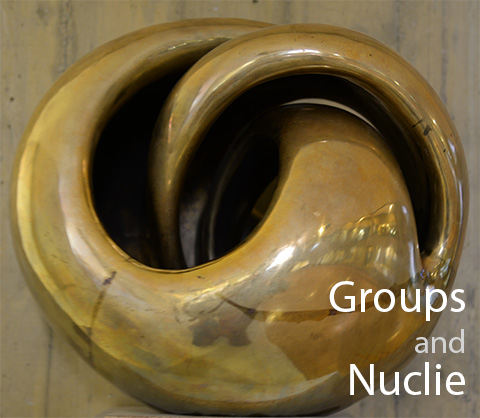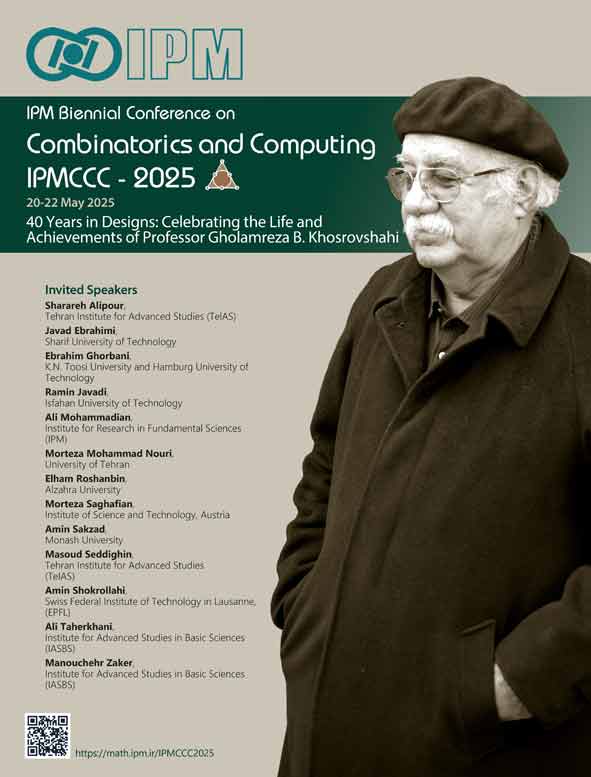Mathematics Colloquium
Life in the Galaxy
Life in the Galaxy
Shahin Rouhani, Sharif University of Technology and School of Particles and Accelerators of IPM
1 OCT 2025
16:00 - 17:00
We propose that once a planet has the capacity to support life (situated within the habitable zone, with water and Oxygen), it is likely that life forms on this planet, due to the abundance of biomolecules in the interstellar space. We argue that intelligent, communicating life will emerge due to the action of evolution on the biosphere of the planet, if the lifetime of the planet is long enough. Estimating the number of such planets, we argue that many intelligent, communicating life forms must exist. Hence, the Fermi paradox becomes relevant, as to why such intelligent beings have not visited Earth. To resolve this paradox, we propose a limit on the lifespan of intelligent technological civilization anywhere in the Galaxy.
Venue: Niavaran, Khosrovshahi Lecture Hall













